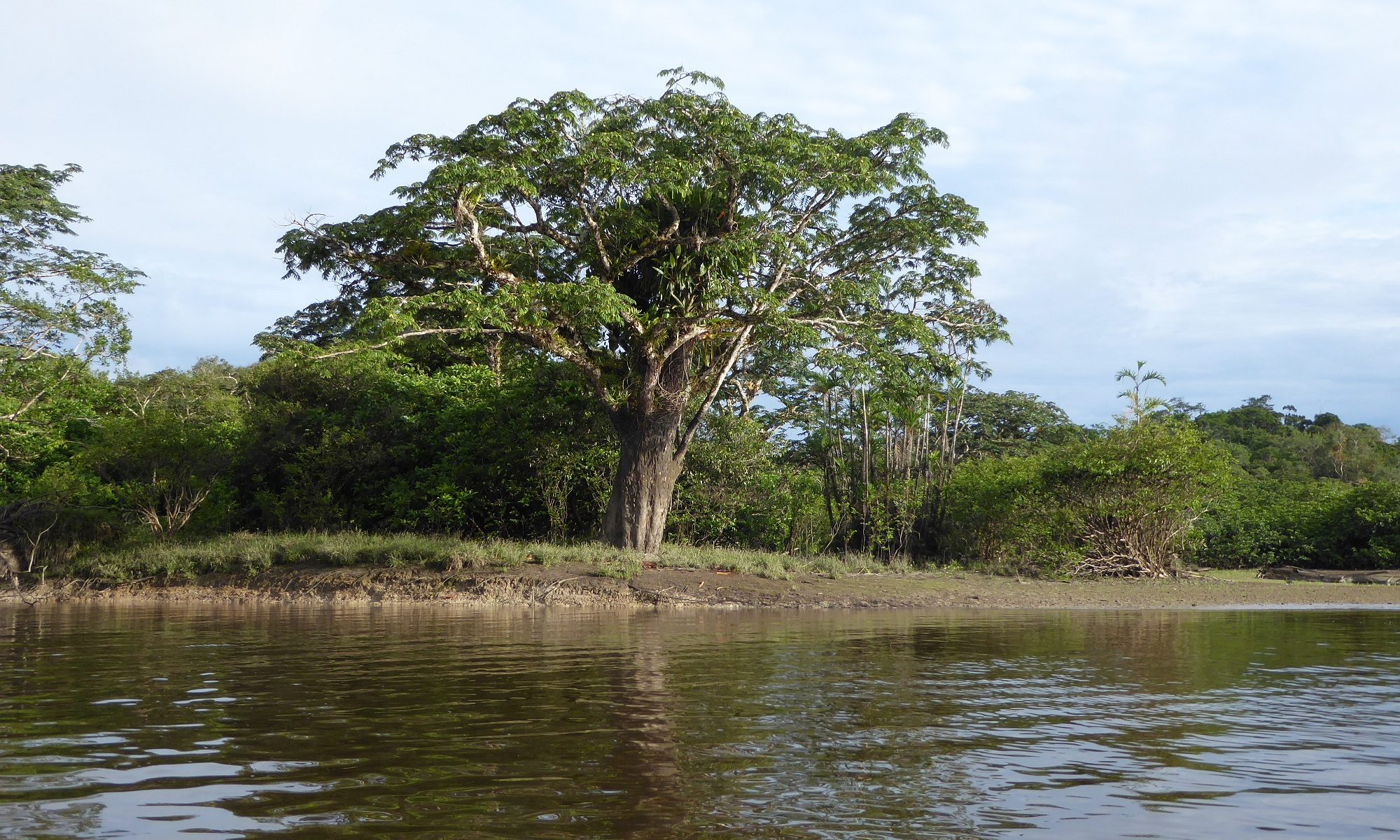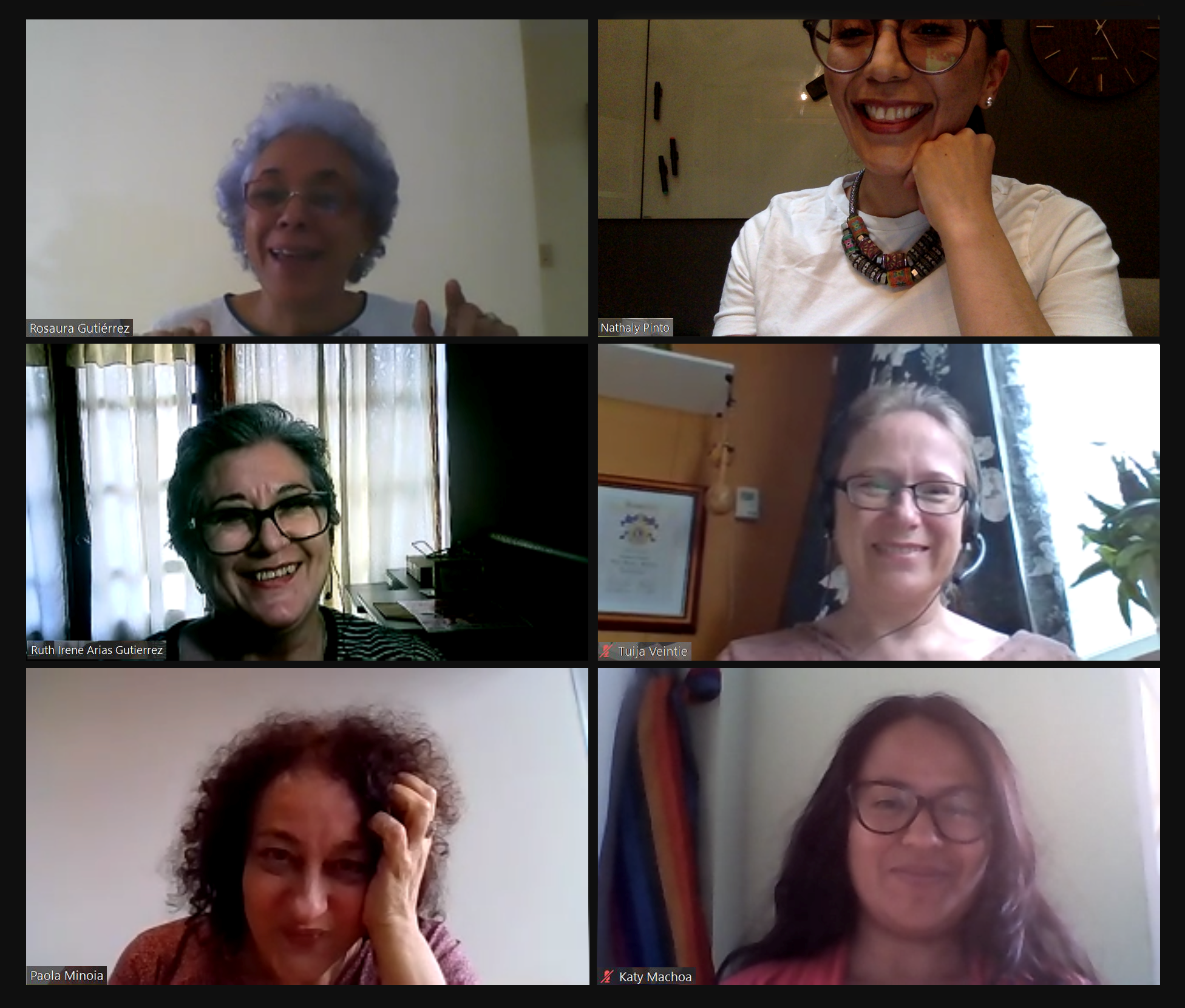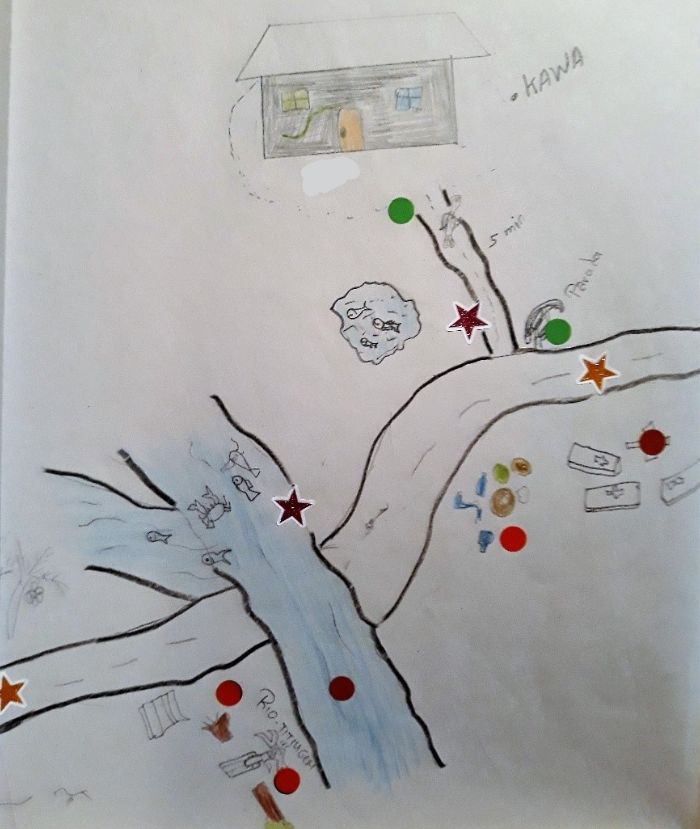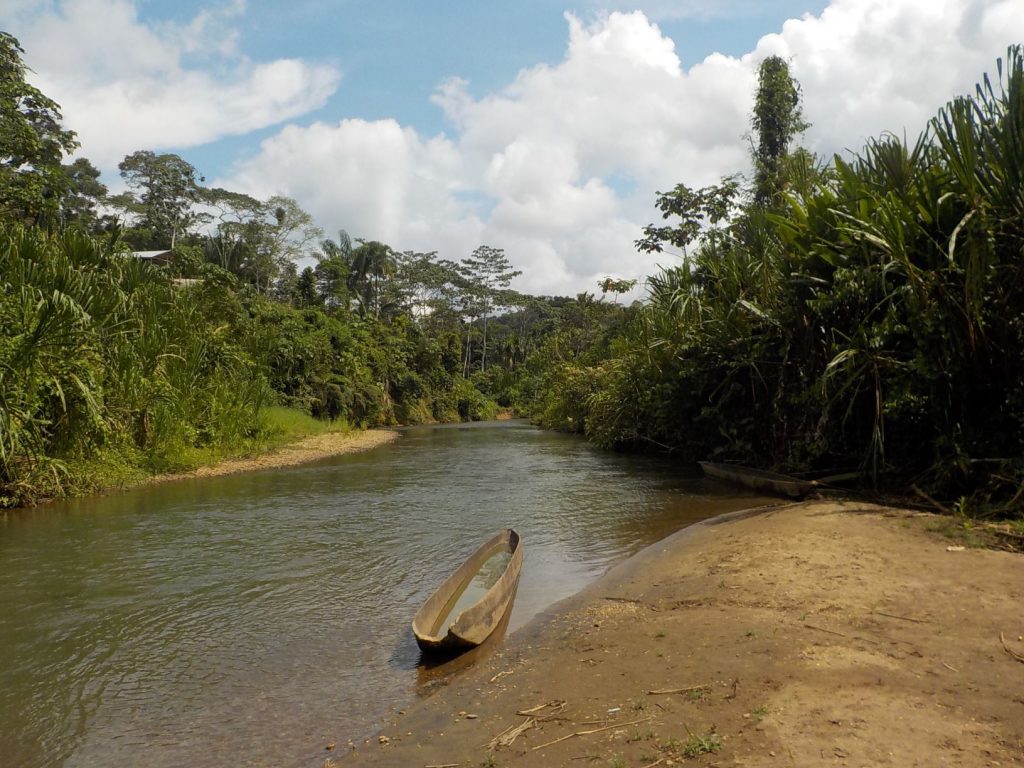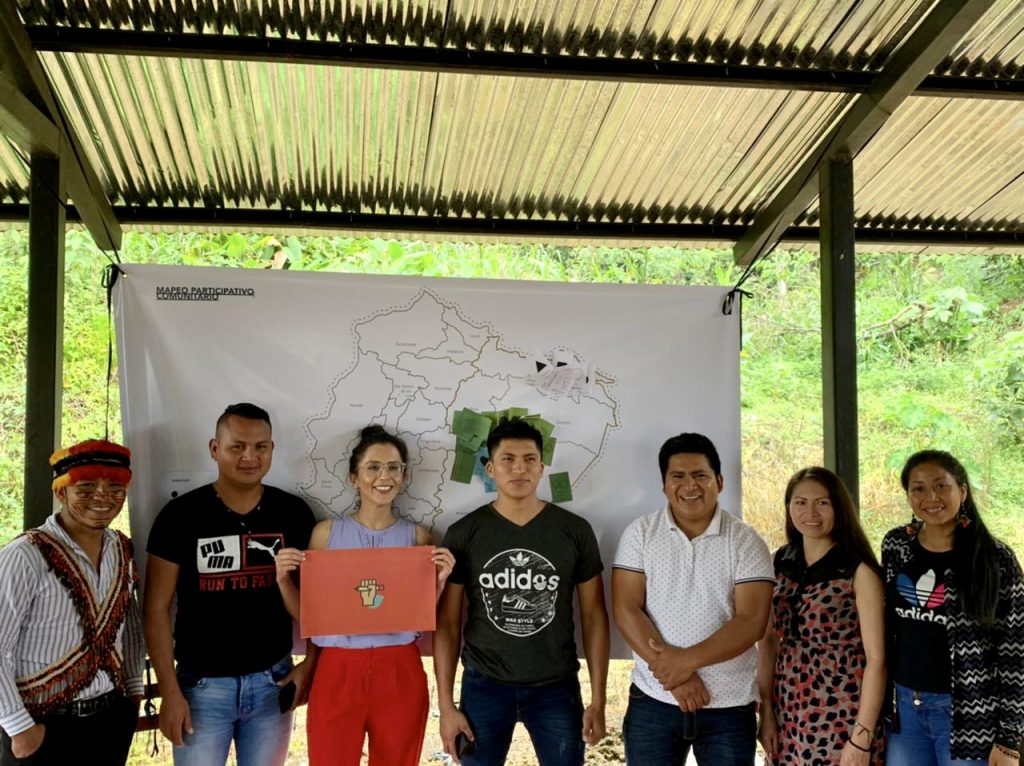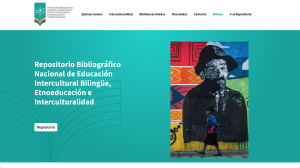Text: Riikka Kaukonen Lindholm
[Haz clic aquí para version en español]
In the turn of May and June, the research group members took part in the II International Scientific Convention by the Amazonian State University (Universidad Estatal Amazónica, UEA) organized online. With opening speech given by the rector David Sancho, the conference provided a platform for scientific conversations around three different topics: Plurinationality, Ancestral Knowledge and Knowledge Management; Urban Tourism, Heritage and Territorial Development; Environmental Management and Conservation of Biodiversity, that represent important areas of study for the UEA that develops research and higher education in the Amazon region of Ecuador. Our research group contributed to the part of the conference programme focused around the topic of Plurinationality, Ancestral Knowledge and Knowledge Management coordinated by the rector Oliver Meric.
Continue reading “Conference in Ecuador: II International Scientific Convention UEA 2021”
